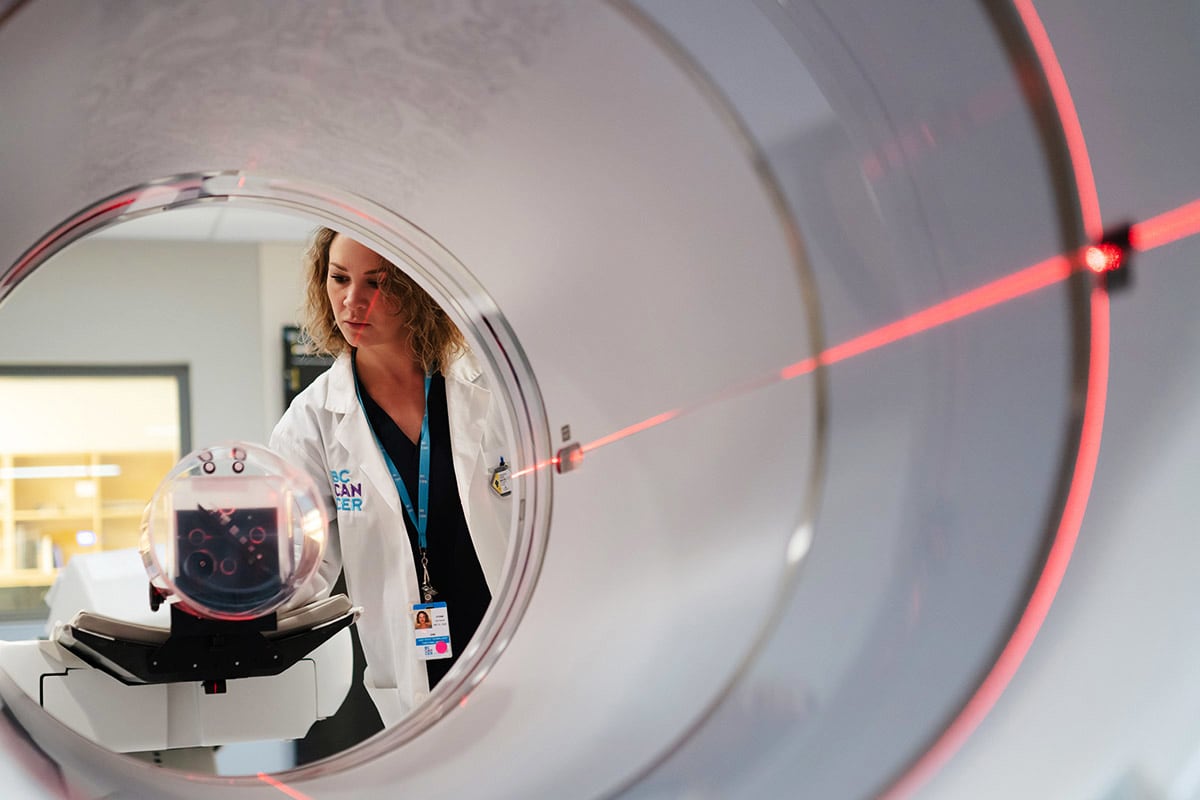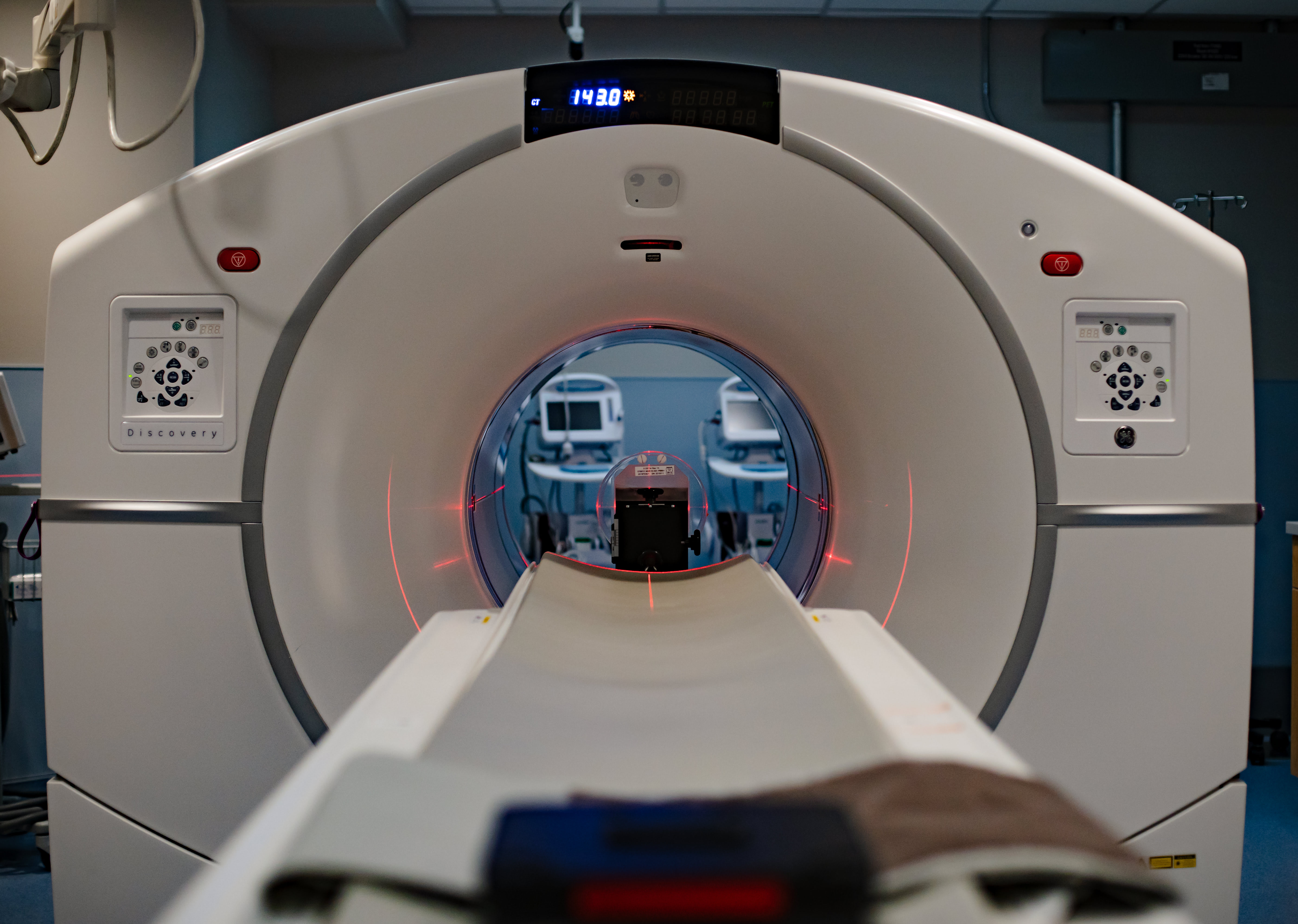Prostate cancer clinical trials yield promise
August 15, 2017
Found in BC Cancer Research Centre, Innovation, Prostate Cancer
Hello, I’m Dr. Kim Nguyen Chi, medical oncologist at the BC Cancer Agency – Vancouver Centre where I’m also the Regional Medical Director.
My specialty area is prostate cancer for both my clinical work and research activities. My research is focused on clinical trials and development of biomarkers. Clinical trials are research involving people with cancer where we are trying to develop new treatments, or new ways of using old treatment, to help people with cancer do better. Biomarkers are needed in cancer to help us determine a person’s prognosis and/or response to therapy so we can better select treatment for them. Having good biomarkers is the corner stone of developing “personalized medicine”, or what we now refer to as “precision medicine”.
Since I last blogged two years ago we’ve had some very important findings come from our research. Firstly, a large trial that I was involved in over the last several years showed that when we gave the medication called abiraterone acetate as initial hormone therapy for advanced prostate cancer, we helped people live substantially longer. Patients on the combined therapy also had a much better quality of life as compared to standard treatment alone. Health Canada approval for this treatment combination is in process, and I hope to start delivering this treatment to my patients soon.
In another study, we were able to use liquid biopsies to analyze the prostate cancer genetic material from over 200 patients with advanced prostate cancer. We showed that with this approach we could characterize a patient’s cancer which then gave an indication on how well they would do with a particular treatment. In a trial I am leading that is taking place across Canada, we are now using these liquid biopsies to specifically select novel targeted therapies for a patient.
This is the next step in trying to develop a precision medicine approach for prostate cancer. Another major finding coming from one of our collective research groups was that in advanced prostate cancer, up to 10 per cent of patients will have a hereditary cause of their cancer, meaning that they inherited a gene from their mother or father that predisposed them to developing prostate cancer.
We also found that these cancers tend to be more aggressive than the usual kind of prostate cancers, and that other treatments might be better options for patients with these hereditary prostate cancers.
These highlights show how we are making inroads to better understanding prostate cancer and how to treat it.
Thanks for reading,
Dr. Kim Chi


